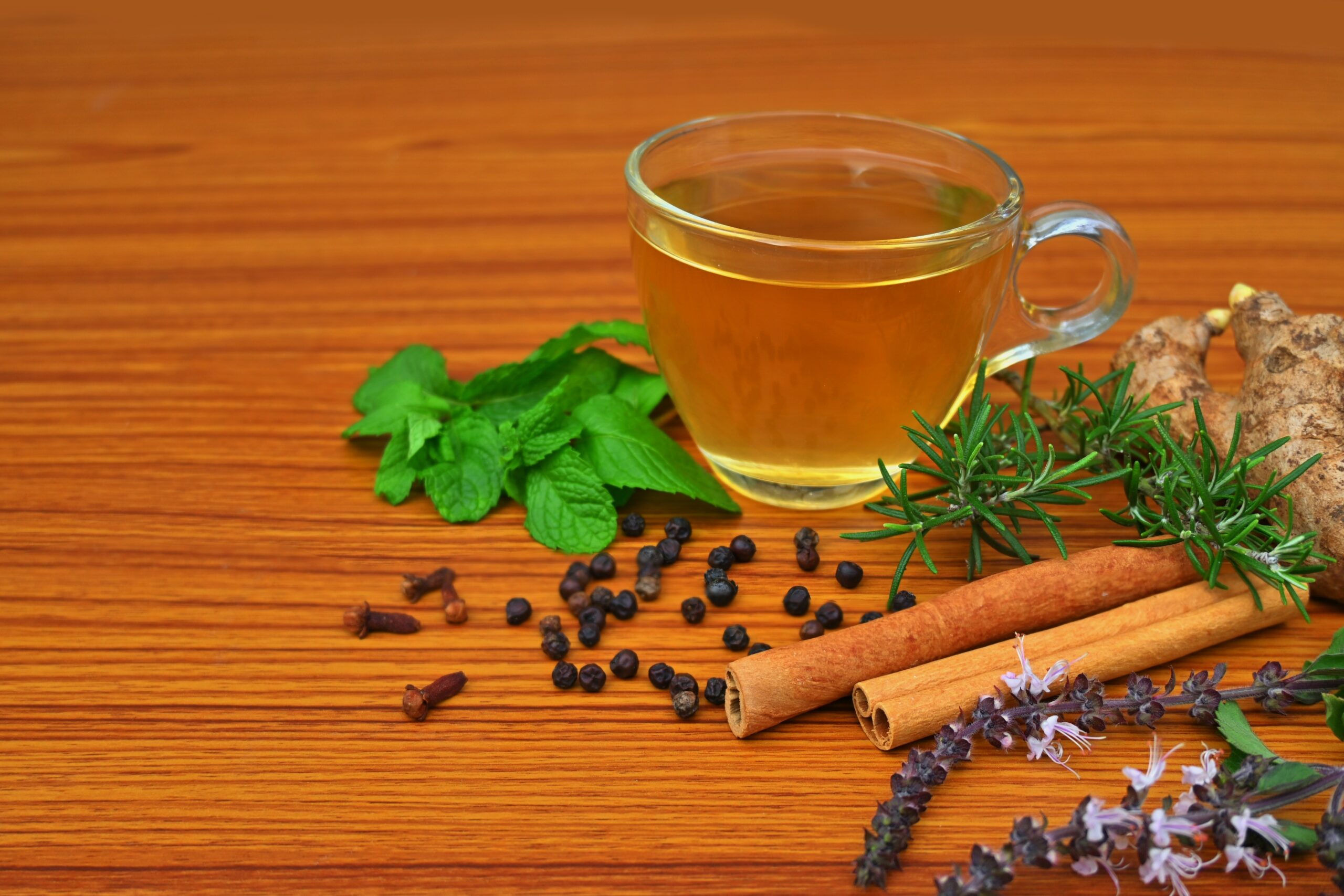
By Miyeilis Flores
Jun 28, 2024, 11:21 AM EDT
One of the drinks with antioxidant and digestive properties is rosemary and clove tea. Separately, these two ingredients have scientifically proven benefits that, when combined, produce, in addition to a delicious flavor, the possibility of obtaining health benefits.
Infusions and teas are comforting drinks rich in compounds that provide nutrients that help health, which is why they are so popular as home remedies.
Rosemary and cloves are used in countless home remedies in combination with other ingredients to combat hair loss, in the case of rosemary it is added to shampoo. While cloves are used to repel mosquitoes when we add some to an oil or alcohol and then place it on the skin and prevent insect bites.
They are also used as condiments to season meats and stews in the case of rosemary, and as a spice to flavor desserts and drinks in the case of cloves.
Properties of cloves and rosemary

Clove has potent antioxidant and antimicrobial activities that stand out among other spices, scientific studies reveal.
Its scientific name is Syzygium aromaticum and it is a medium-sized tree native to the Moluccas Islands in eastern Indonesia.
The antioxidant activity of cloves has been examined in different studies in which the main phenolic compounds were identified and quantified. As well as the antimicrobial activities of cloves against various strains of bacteria and fungi.
Clove has been used since the 13th century as an analgesic, for toothache, joint pain and as an antispasmodic, due to its eugenol content.

While rosemary or Rosmarinus officinalis L., as is its scientific name, is an aromatic plant known and used since ancient times as a condiment and for medicinal purposes, reports the scientific journal Elsevier.
One of the main properties of this aromatic plant today “lies in the powerful antioxidant effect of some of its components.”
Rosemary is carminative, digestive and antispasmodic, and has choleretic, cholagogue and hepatoprotective properties, the study reveals. It also has a diuretic, anti-inflammatory, antiulcerogenic and antioxidant effect.
This is how you can prepare rosemary and clove tea

The preparation of this drink is similar to that of other infusions. You just have to put a cup of water in a pot on the heat, add a tablespoon of rosemary leaves with a few cloves and let it rest for 10 minutes.
Then you remove it from the kitchen, strain it and it is ready to serve. You can add the sweetener of your preference.
The drink is strained and can be sweetened with a little honey.
Keep reading:
- Prune tea, what is it good for?
- Dandelion infusion to relieve gastrointestinal discomfort
- Lemongrass Infusion: the natural remedy to reduce cholesterol
